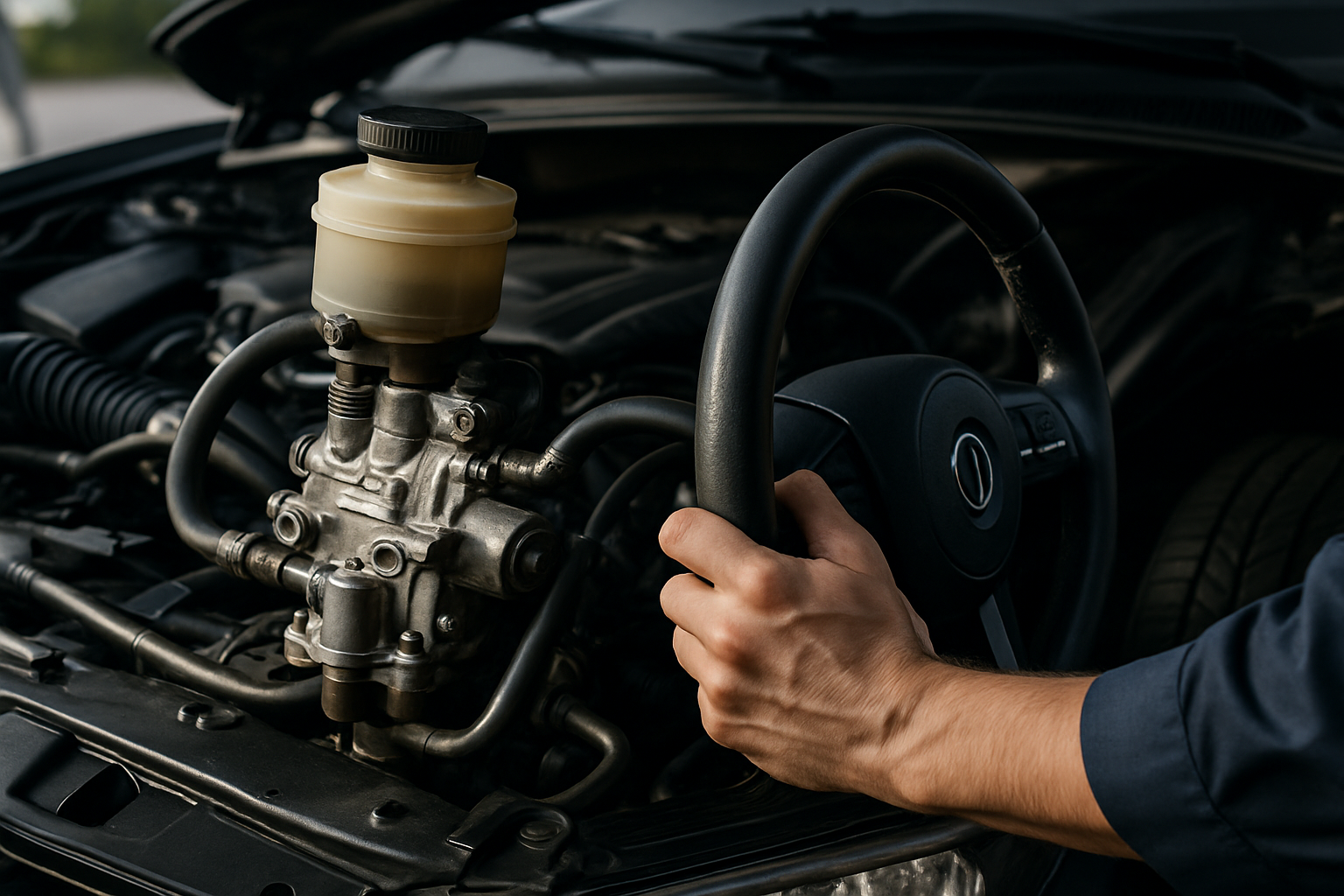Used Car & Impounded Vehicle Auctions: What You Need to Know
Buying a car at auction can be an efficient way to find affordable vehicles, including impounded or police-released cars. Auctions range from salvage and insurance sales to government surplus and municipal impound lots. Understanding auction types, bidding rules, and vehicle histories helps you avoid surprises and make informed choices whether you’re a first-time bidder or repeat buyer.

What is a car auction?
A car auction is a public or restricted sale where vehicles are sold to the highest bidder. Auctions include live, timed online, and sealed-bid formats. Some focus on salvage and insurance-title cars, while others specialize in fleet, government surplus, or repossessed vehicles. Bidders should register, understand buyer fees, and be prepared for “sold as-is” conditions — many vehicles come with limited or no warranties.
How does an auction for a vehicle work?
Most auctions require pre-registration and may charge a buyer’s premium on top of the hammer price. At live auctions, an auctioneer sells to the highest bidder; online platforms use timed lots or real-time bidding. Vehicle condition reports, photos, and VIN checks are commonly available. Payment and title transfer rules vary, so review auction terms carefully. Inspecting vehicles in person or ordering an independent inspection can uncover issues not visible in listings.
Can you buy impounded cars at auction?
Impounded vehicles are often sold when owners do not reclaim them or fail to pay fees. These auctions are a common source of lower-cost cars but carry risks: owners may have outstanding liens, or mechanical and legal issues could be undisclosed. Municipal impound sales typically post listings on city or county websites or through contracted auction platforms. Research local services and read sale notices to understand reclaim periods, fees, and title status.
Do police auctions differ from other auctions?
Police auctions generally sell property seized in investigations, evidence no longer needed, or unclaimed vehicles. Unlike salvage auctions, many police-auction cars are low-mileage and well-maintained, but titles may carry notes about seizure or liens. Law enforcement auctions tend to run through municipal channels or partner sites; they often provide limited vehicle records. Check local services, auction terms, and required documentation before bidding to ensure a clear title transfer.
What should you inspect before bidding on an auction car?
Inspecting a vehicle is crucial. Look for clear title status, accident history, mileage discrepancies, and visible damage. Start and test-drive vehicles when permitted; listen for engine noises, check fluids, and scan interiors for signs of water damage or forced entry. Use the VIN to order vehicle history reports. Factor in possible repair costs, towing, registration, and buyer fees when estimating your total outlay — auction prices rarely reflect full ownership costs.
Before you bid, consider reputable auction platforms and providers that run regular vehicle and impound sales. Below are commonly used providers and what they offer:
| Provider Name | Services Offered | Key Features/Benefits |
|---|---|---|
| Copart | Salvage and insurance auto auctions, online bidding | Large inventory of salvage and repairable vehicles; member registration; international buyers supported |
| IAA (Insurance Auto Auctions) | Salvage, fleet, and insurance-related vehicle auctions | Extensive dealer network, detailed vehicle condition reports, in-person and online bidding |
| GovDeals | Government surplus and seized property auctions | Municipal and state agency listings, variety of used vehicles and equipment, online-only auctions |
| PublicSurplus | Government surplus and impound auctions | Listings from local governments, searchable inventory, straightforward bidding process |
| Local police/municipal auctions | Seized, impounded, or unclaimed vehicles sold by city/county | Often listed on city or county websites or run through partner platforms; opportunity to buy well-maintained vehicles |
Conclusion
Auctions can be a practical route to buying a vehicle — including impounded or police-auction cars — but they require preparation. Know the auction type, read terms carefully, verify title and lien status, and inspect vehicles when possible. Budget for buyer’s premiums, repairs, and transportation, and use reputable providers or local services to reduce risk. With the right research and realistic expectations, auctions can yield good value for buyers willing to do due diligence.




